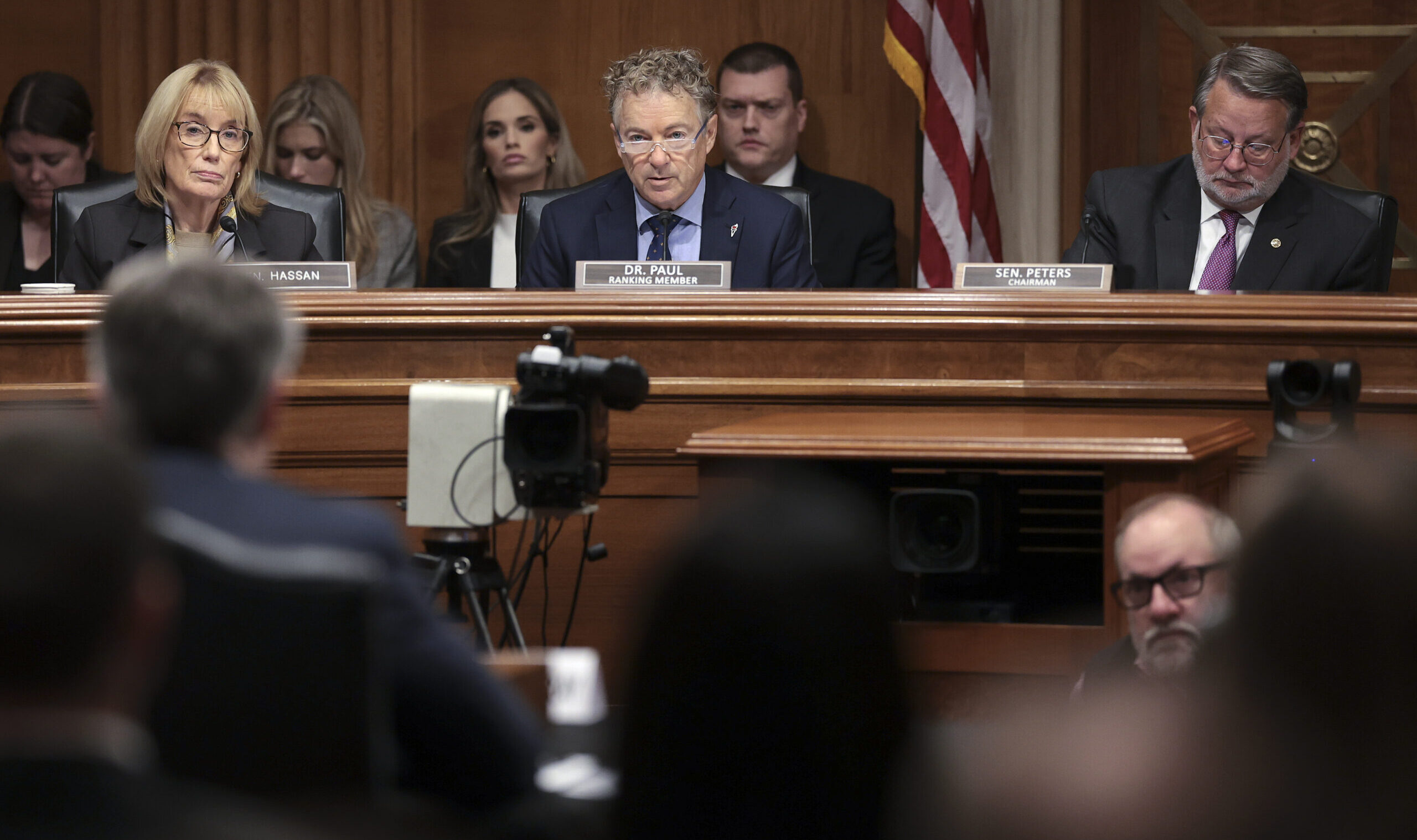
"The bill, which makes the 2017 Trump tax cuts permanent and provides a big funding boost for border security and national defense, was bitterly opposed by Thomas Massie (R-KY) in the House and Rand Paul (R-KY) in the Senate because of its dismal fiscal implications: an estimated $3.3 trillion increase in the national debt over the next decade."
"In 2024, the U.S. debt-to-GDP ratio stood at a staggering 123 percent, topping American indebtedness at the height of the Second World War—all without the U.S. being involved in a major war or suffering the effects of a recession."
"Despite the obvious issues with increasing the federal budget deficit and consequently the national debt, neither Republicans nor Democrats show much interest in curbing the unfolding crisis."
"The cost to service the country's debt has grown rapidly. In 2024, the U.S. federal government spent $665 billion, 14 percent of the federal budget, on interest payments."
The Republicans are facing a significant challenge regarding the federal deficit, especially following the passing of President Trump's Big Beautiful Bill. This bill, while seen as necessary for funding border security and defense, has faced strong opposition from some party members due to its anticipated $3.3 trillion increase in national debt over the next ten years. The current U.S. debt-to-GDP ratio is at 123%, alarming as it exceeds wartime levels. The federal government allocates a substantial part of its budget to debt servicing, indicating a growing fiscal concern that is not being addressed by either political party.
Read at The American Conservative
Unable to calculate read time
Collection
[
|
...
]